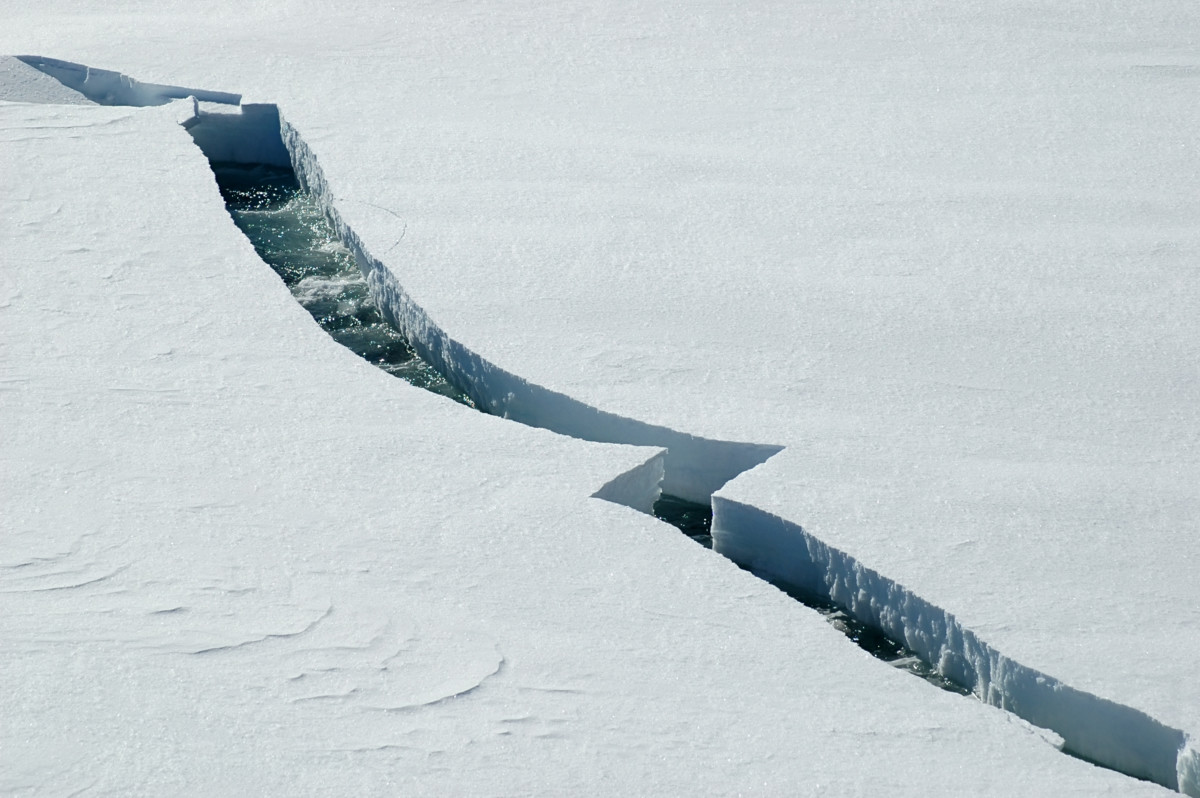Arctic Council Calls for HFC Phase Down under Montreal Protocol

Reaffirms need for fast action to reduce black carbon, methane, and HFCs, in addition to carbon dioxide
Washington, D.C., 16 May 2013 — Arctic Council Ministers from Canada, Denmark, Finland, Norway, Sweden, the Russian Federation, and the United States yesterday called for taking action “as soon as possible” to phase down HFCs under the Montreal Protocol and for reducing black carbon and methane emissions in the Arctic.
Noting that such actions “could slow global and Arctic climate change and have positive effects on health,” the ministers, including U.S. Secretary of State John Kerry, echoed the growing chorus of international actors supporting fast action to reduce these climate pollutants to slow the accelerating rate of climate change and protect the planet’s most vulnerable regions and peoples.
“The Arctic Council’s Kiruna Declaration is major step forward and just in time,” said Durwood Zaelke, President of the Institute for Governance & Sustainable Development. “Protecting regions like the Arctic and Himalayas that are warming at more than twice the global average requires immediate, targeted action against the climate pollutants causing massive harm right now. Saving these regions and the peoples who live there cannot wait,” Zaelke added. “It will be too late to save the Arctic once it’s melted.”
As highlighted by the Arctic Council, reducing black carbon, methane, and HFCs is a critical opportunity to cut the rate of global warming in half and to cut the rate of warming in the Arctic by two thirds over the next few decades. In addition to providing targeted protection for the most vulnerable peoples and climatic elements, such as glaciers, snow pack, and sea ice, reducing these short-lived climate pollutants to protect regions like the Arctic that are subject to accelerating climate feedbacks also plays a critical role in protecting the rest of the global climate system.
“The Arctic is not just the canary in the coal mine, warning us of what may come,” said Zaelke. “The changes in the Arctic could themselves deliver the global disaster we fear, and on a pace that is simply unmanageable.”
Climate feedbacks in the Arctic with potential global implications include the melting of sea ice and snow pack, which decreases albedo and increases absorption of solar radiation, the release of massive amounts of methane and carbon dioxide from melting permafrost and ocean sediments, and the release of carbon dioxide and black carbon from increased boreal forest fires.
The Senior Arctic Officials’ report to the ministers noted that a forthcoming summary report, Recommendations to Reduce Black Carbon and Methane Emissions to Slow Arctic Climate Change, will include key messages on the significance of black carbon and methane emissions from Arctic States, and key mitigation opportunities for methane. It will also present opportunities for the Arctic Council to make further progress on SLCF objectives, “including engaging with other forums and observer states.”
Zaelke emphasized the importance of opportunities to make such further progress. ”China, India and the countries that gained observer status to the Arctic Council this week are paying close attention to these developments,” Zaelke said. “China and India in particular are eager to protect their snow and ice covered regions, their water supplies, their agriculture and their public health. And they are beginning to recognize that reducing black carbon and other SLCPs is one of the fastest and most effective ways of doing this. Coordinated leadership from the U.S., EU, China, and India to address short-lived climate forcers could address the sources that give rise to these pollutants and could secure the major sustainable development and climate benefits that are so urgently needed.”
[Another report published this week shows that regional warming in central China is 10 to 14 degrees F greater today than during the last ice age 20,000 years ago; this is two to four times greater than previously thought. The findings were published 13 May in Proceedings of the National Academy of Sciences. See ERL release here.]
The Arctic Council’s Kiruna Declaration and other meeting documents are here. IGSD’s Primer on Short-Lived Climate Pollutants is here.
The Clean Air Coalition to Reduce Short-Lived Climate Pollutants website is here.
